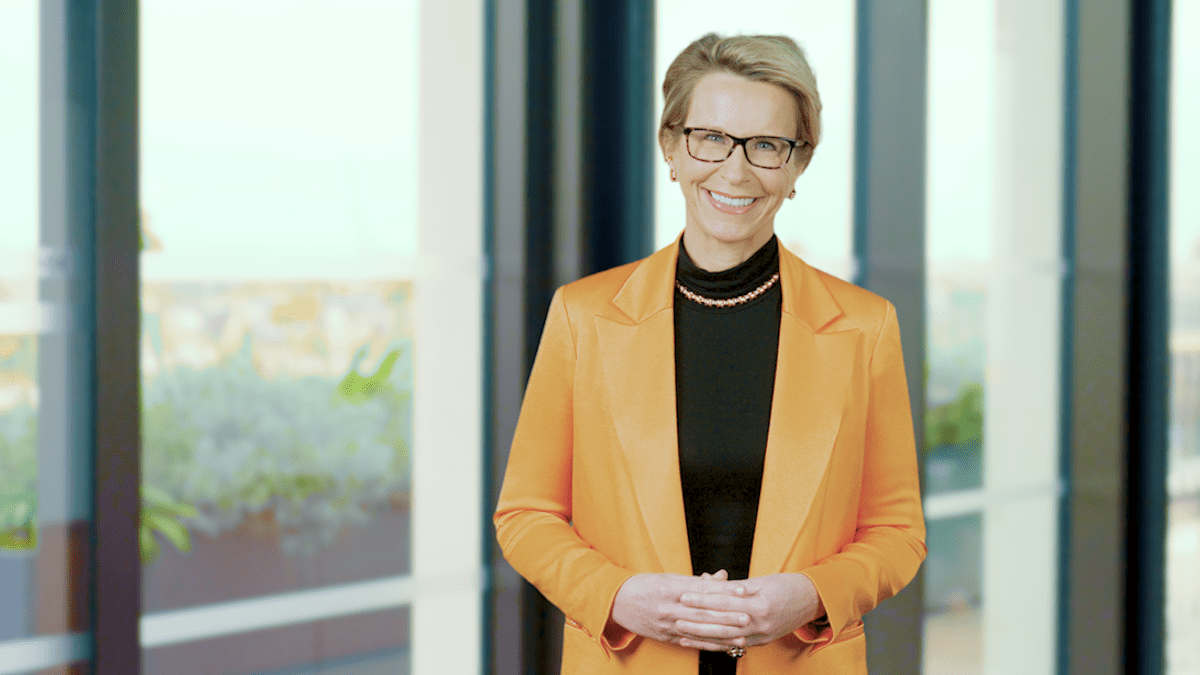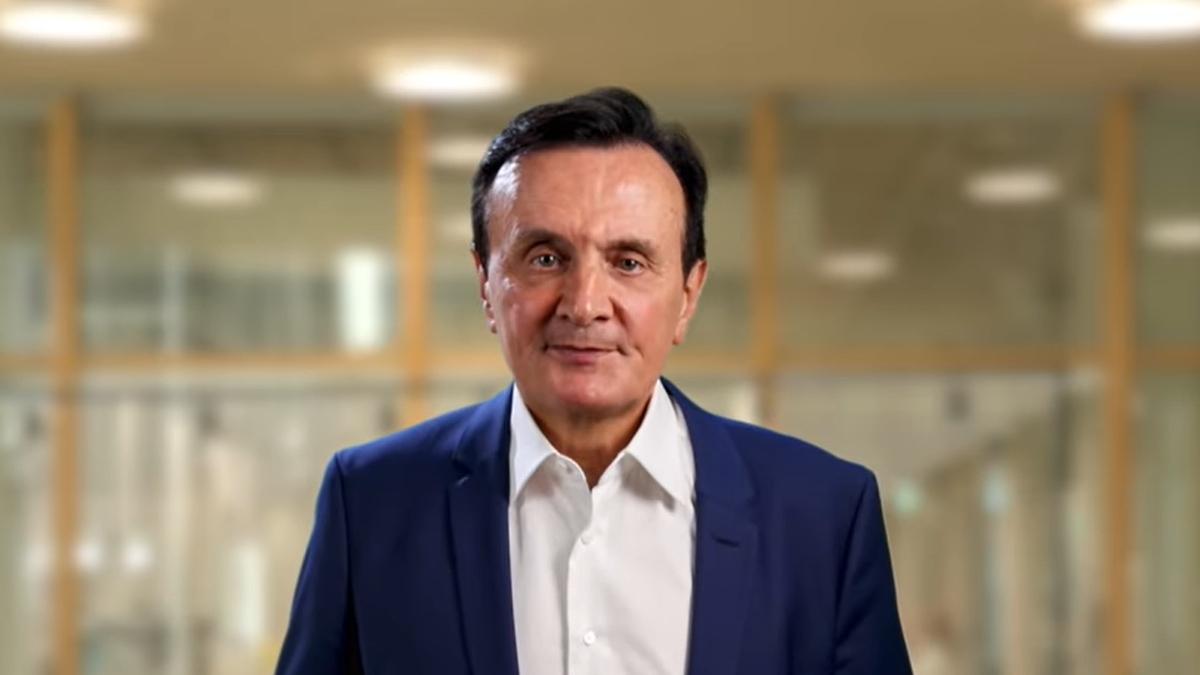GSK rides out vaccine sales weakness with cancer, HIV gains

GSK CEO Emma Walmsley
GSK has counted the cost of narrower US recommendations on the use of RSV vaccines, which caused a 51% decline in sales of its Arexvy shot in 2024, but still managed to post reasonable sales growth overall.
The steep decline in Arexvy's turnover from £1.2 billion (around $1.5 billion) in 2023 to £590 million last year, follows the decision in the US to recommend RSV vaccines only for people aged 75 and older, with those in the 60 to 74 range only eligible if they are at increased risk for severe disease. Previously, the jabs were backed for all adults aged 60 and over.
GSK was able to offset the decline thanks to a better-than-expected performance for its cancer medicines and HIV therapeutics sold by majority-owned joint venture ViiV Healthcare, which helped group sales rise 4% at constant exchange rates to £8.1 billion in the fourth quarter and 7% to £31.4 billion for the full year.
The RSV issues also affected GSK's main rival in the RSV vaccine category, Pfizer, which reported earlier this week that sales of its Abrysvo shot fell 15% to $755 million for 2024 as a whole and 62% to $198 million in the fourth quarter.
Moderna, the only other player in the category at the moment, is due to report its annual results on 14th February, but so far take-up of its mResvia vaccine has been slow.
The bright spots in GSK's annual results were a 72% increase in cancer sales to £408 million, driven by gains for immunotherapy Jemperli (dostarlimab) in endometrial cancer and Ojjaara/Omjjaara (momelotinib) for anaemia in myelofibrosis patients.
HIV sales grew at double-digit pace for the full year and the quarter, driven by strong patient demand for long-acting injectable medicines Cabenuva (cabotegravir/rilpivirine) and Apretude (cabotegravir) and once-daily pill Dovato (dolutegravir/lamivudine).
GSK has now upgraded its long-term sales guidance to £40 billion by 2031, up from an earlier estimate of £38 billion, which the company said reflected its "late-stage pipeline progress."
Chief executive Emma Walmsley said that "in particular, we are increasing and prioritising R&D investment to promising new long-acting and specialty medicines in respiratory, immunology and inflammation, oncology, and HIV."
It is targeting five major product launches this year, namely severe asthma therapy depemokimab, Nucala (mepolizumab) for chronic obstructive pulmonary disorder (COPD), novel antibiotic gepotidacin, new MenABCWY meningitis vaccine, and the relaunch of multiple myeloma Blenrep (belantamab mafodotin).
The revised forecasts pleased investors, and shares in GSK leapt up almost 6% after the announcement.












